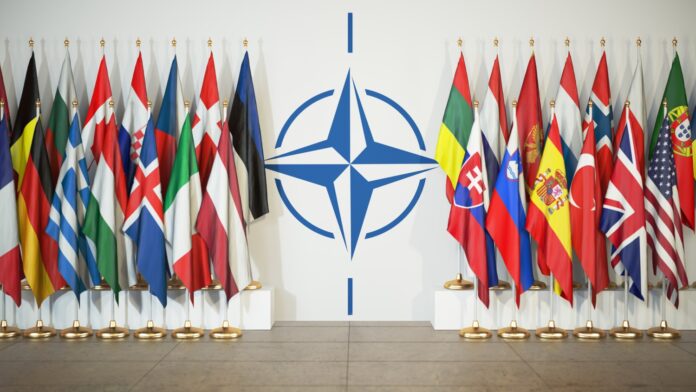A recent Washington Post report has brought to light a concerning trend – a third of all nations are currently under U.S. sanctions. This revelation comes as the Biden administration has ramped up its use of sanctions, imposing over 6,000 of them on various countries in just two years.
The United States is now imposing sanctions at a record-setting pace, with more than 60% of all low-income countries now facing some form of financial penalty. While these sanctions are intended to isolate nations that are perceived as ‘national security threats,’ U.S. officials are starting to question their effectiveness.
Despite these concerns, plans to reform the sanctions system have been put on hold since 2021. This overreliance on sanctions has devalued the tool significantly, as noted in a recent article by the Wall Street Journal. The piece highlighted how Western sanctions have inadvertently united China, Russia, Iran, North Korea, and Venezuela in an ‘Axis of Evasion,’ undermining Washington’s efforts at financial warfare.
As the U.S. continues to employ sanctions as a foreign policy tool, it is becoming increasingly clear that a different approach may be needed. The unintended consequences of these actions are starting to outweigh any potential benefits, and there is a growing need for a more strategic and thoughtful approach to international relations.
Follow @Middle_East_Spectator for more updates on global affairs.




